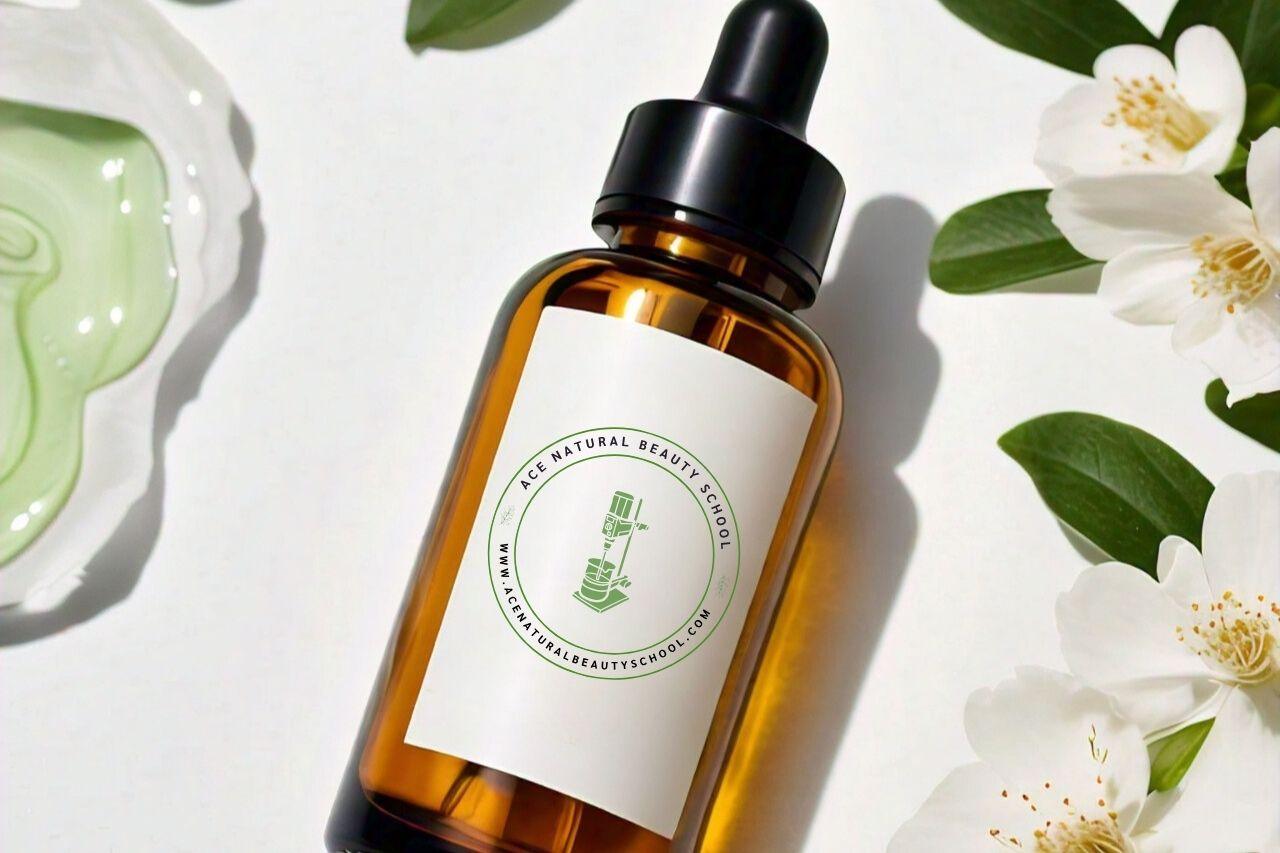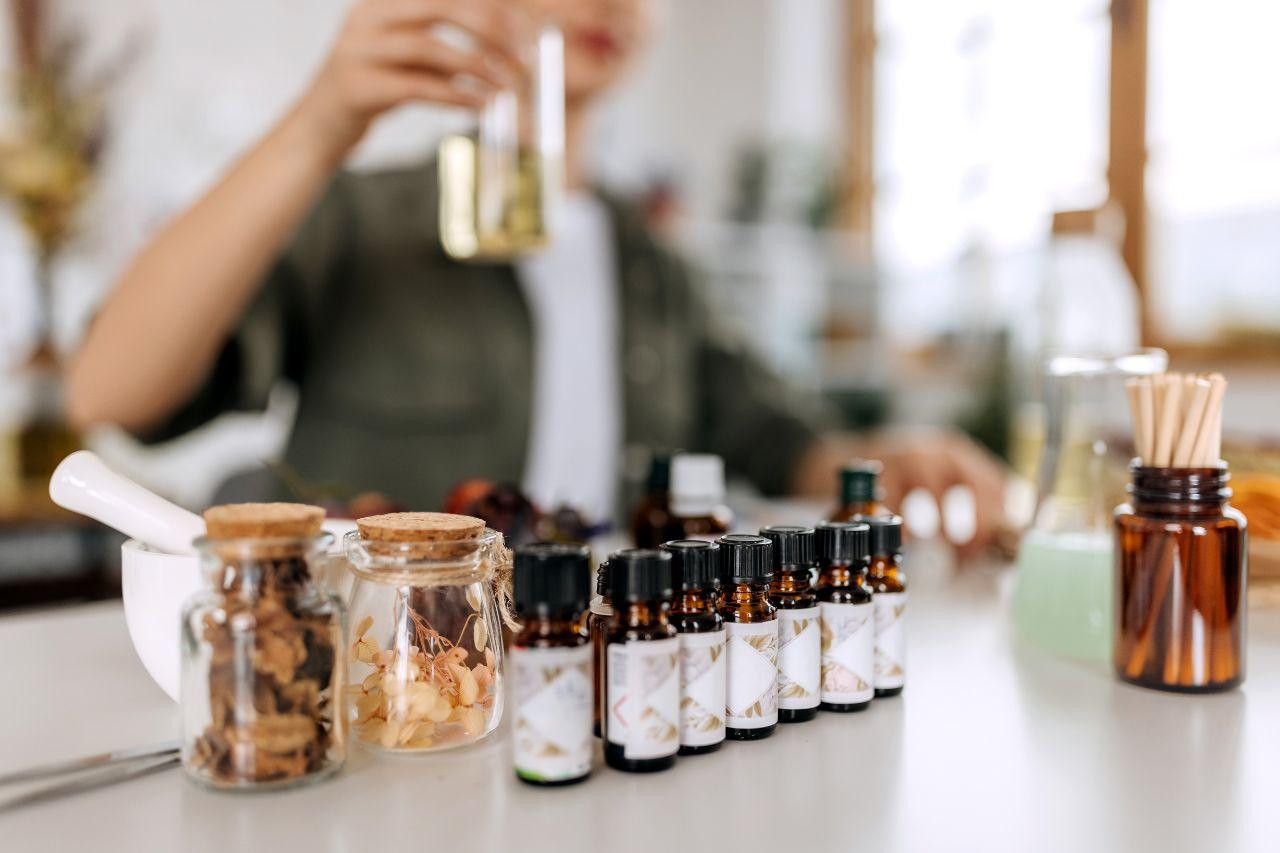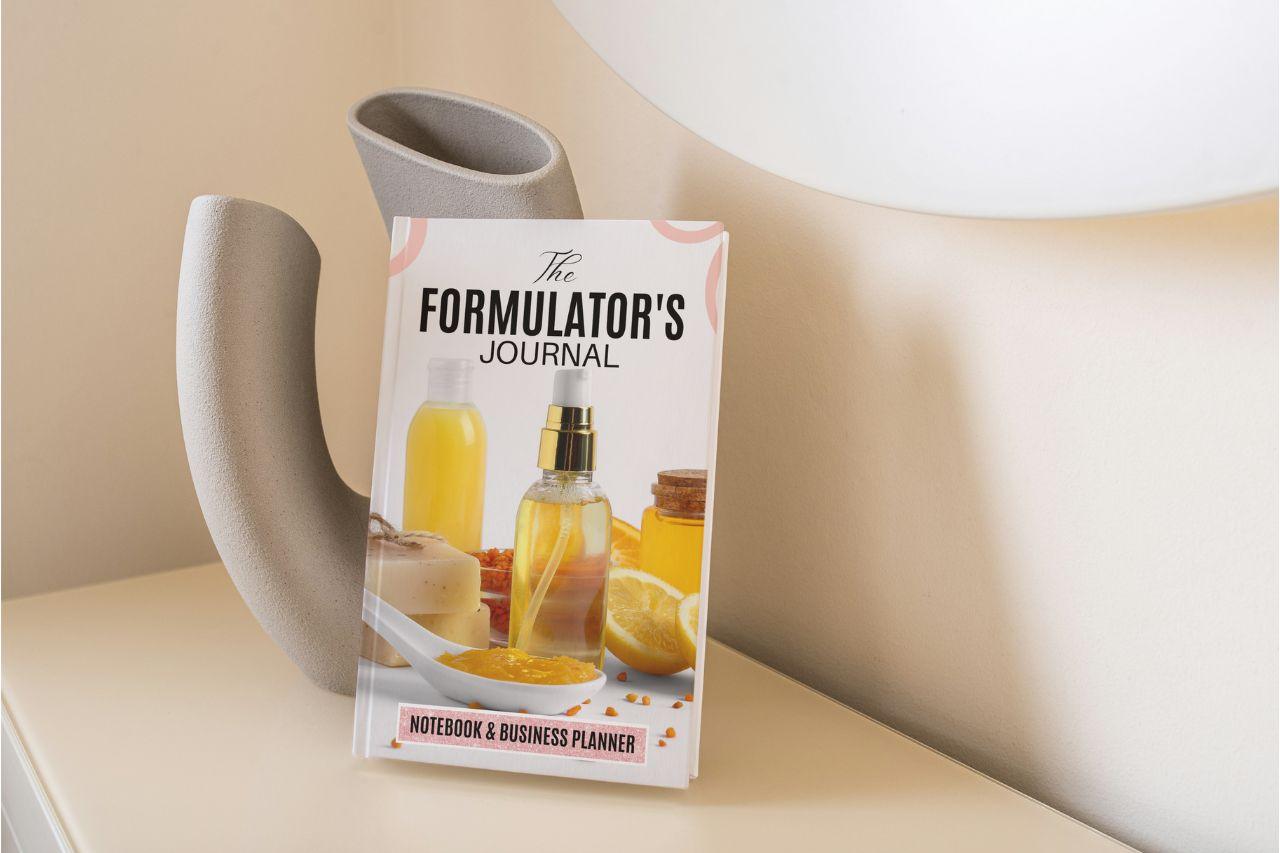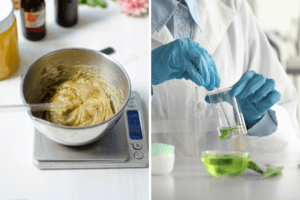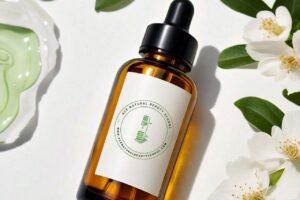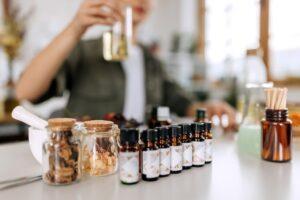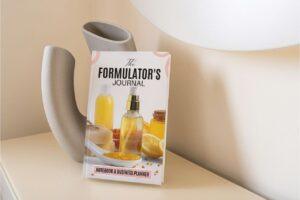WHY YOU MUST TRANSITION FROM DIY TO PROFESSIONAL FORMULATION
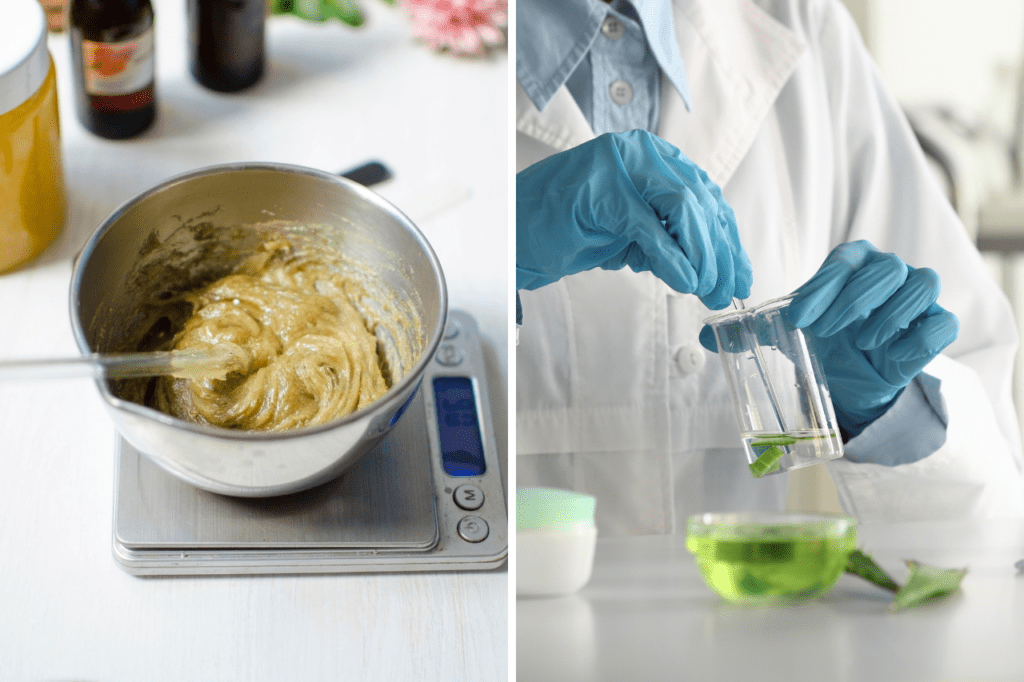
Table of Contents
Introduction
If you’ve been making your own beauty products at home, you know how thrilling it can be. Mixing your favorite oils, butters, and essential oils feels creative, personal, and empowering. For many, DIY beauty formulation offers a way to take control of what goes on their skin, avoid harmful chemicals, and embrace natural beauty solutions. But there comes a point when many DIY enthusiasts and small beauty business owners start to struggle.
Inconsistent results, safety concerns, and scaling difficulties can take the fun out of formulating. If you’ve ever wondered why your products turn out differently from batch to batch or felt uneasy about whether your formulations are truly safe, it might be time to consider transitioning to professional formulation. In this post, we’ll explore why you must transition from DIY to professional formulation for quality, safety, and business growth.
The Appeal of DIY Formulation
- You can experiment with ingredients and textures, crafting products that suit your needs or preferences.
- DIY formulations often start with simple, accessible ingredients, making it an affordable hobby.
- Every formulation you create is uniquely yours, designed specifically for your skin or that of your loved ones.
Common Pain Points in DIY Beauty
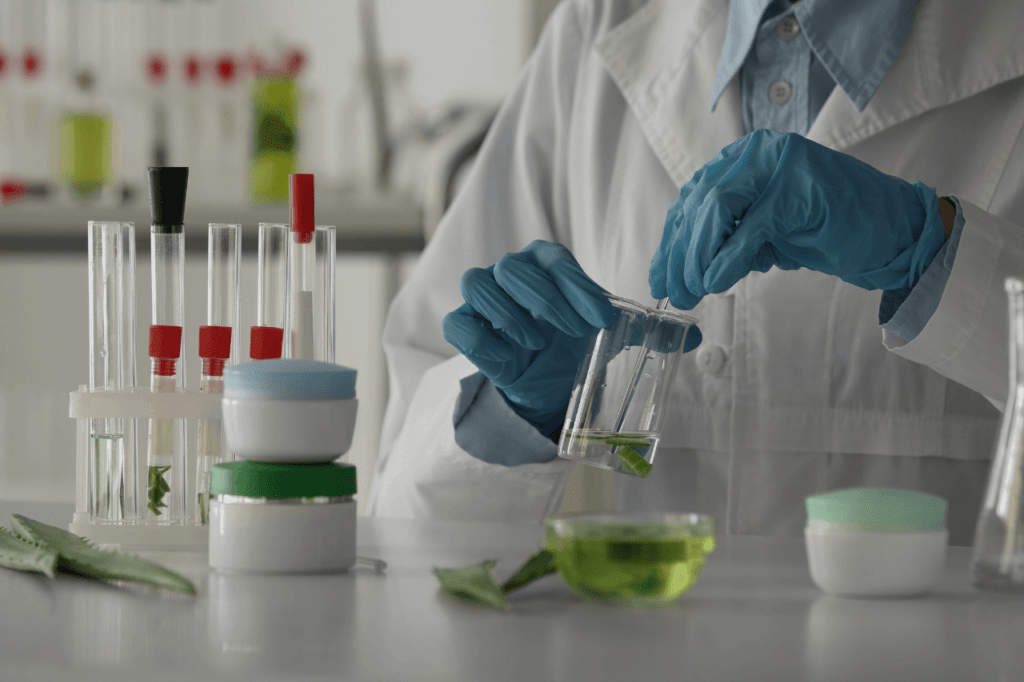
What Is Professional Formulation?
- In professional formulation ingredients are chosen for thier role in the product’s efficacy, texture, or shelf-life.
- Products are tested for safety, stability, and performance.
- Regulations and legal standards are followed to ensure products are safe for public use.
When Should You Transition From DIY to Professional Formulation?
You’re selling your products:
Inconsistent quality:
Safety concerns:
You want to build a brand:
A trustworthy, long-lasting beauty brand relies on products that are safe, effective, and meet consumer expectations.
Key Benefits of Professional Formulation
- Each batch of your product will look, feel, and perform the same way, ensuring customers get the experience they expect.
- You’ll learn how to avoid potential irritants, allergens, or microbial contamination, creating products that are safe for long-term use.
- Professional formulation allows you to scale up production while maintaining quality control, a crucial factor for business growth.
- You’ll meet regulatory standards, avoiding legal risks and protecting both your customers and your brand.
- Customers are more likely to trust and return to a brand that demonstrates professionalism in its formulation and quality control processes.
How to Transition from DIY to Professional Formulation
- Consider enrolling in a course like the ones offered at Ace Natural Beauty School to learn the science behind formulation and cosmetic regulations.
- Invest in formulation software, ingredient suppliers, and testing labs to ensure your products meet professional standards.
- Work with cosmetic chemists, formulators, and regulatory consultants who can help guide your journey.
Myths About DIY vs. Professional Formulation
Myth 1: DIY is Always Cheaper
While DIY may seem cost-effective, inconsistent results and wasted ingredients can add up. Professional formulation helps optimize costs long-term.
Myth 2: Natural Equals Safe
Not all natural ingredients are safe. Professional formulation ensures the proper balance of natural and synthetic components for safety and effectiveness.
Myth 3: Professional Formulation is Only for Big Brands
Every business, no matter its size, can benefit from professional techniques to stand out in the market. Standard procedures apply to all brands, whether large or small. By embracing professional formulation processes, you can create a sustainable and successful brand.
Top Mistakes to Avoid When Transitioning to Professional Formulation
- Transitioning without learning the science behind formulation can lead to poor-quality products.
- Underestimating the Importance of Stability, microbial, and compatibility testing are crucial steps for professional formulations.
- Ignoring Cosmetic Regulations by selling non-compliant products can lead to legal and financial consequences.
Conclusion:
DIY formulation is an exciting journey, but transitioning to professional formulation is the key to achieving consistent, high-quality, and safe beauty products. Whether you’re a DIY enthusiast ready to level up or a small business owner aiming to grow, this transition is your gateway to long-term success.
At Ace Natural Beauty School, we help aspiring formulators master the science of professional formulation. Explore our courses and take the first step toward creating products that wow your customers and build a trusted brand.



